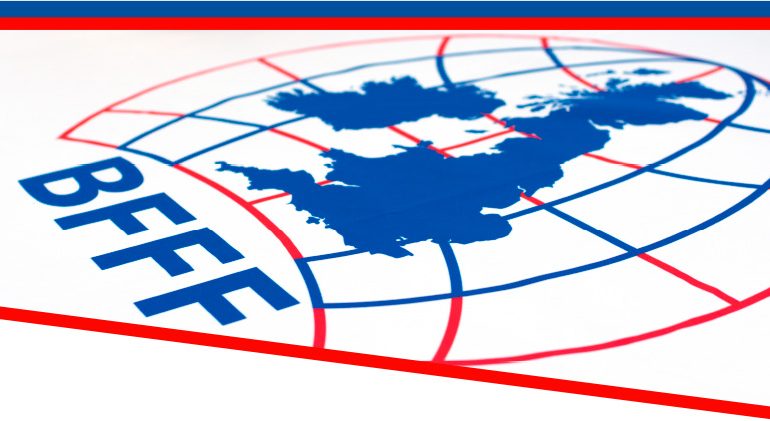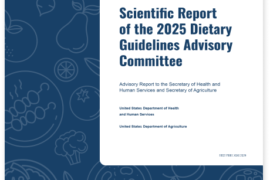The British Frozen Food Federation (BFFF) has issued new guidance to help businesses manage unprecedented levels of frozen stock approaching the end of its shelf life as result of government-imposed Covid-19 commerce restrictions that shuttered restaurants and other away-from-home food establishments.
The guidance, which includes detailed advice on shelf life extension as well as labeling and redistribution to avoid significant amounts of food waste, has been produced in collaboration with DEFRA, Primary Authority and WRAP. It is backed by trade organizations including the FDF, Federation of Wholesale Distributors, the FDF, UK Hospitality and the Provision Trade Federation.
The advice is specifically aimed at businesses supplying hospitality and foodservice outlets that are unexpectedly holding excessive stocks of frozen food. It is not intended for foods destined for general retail sale to the public.

BFFF Chief Executive Richard Harrow commented:
“Preventing food waste is a key priority for the food and drink sector. Effective communication and greater collaboration across the supply chain will be vital in the months ahead to ensure the safe and appropriate use of frozen food currently held in storage and to reduce unnecessary waste.
“This new guidance is designed to help businesses facing unprecedented challenges as a result of the pandemic, mitigate severe losses without compromising consumer safety while also maintaining the already excellent levels of traceability and transparency across the supply chain.”

DEFRA Food Minister Victoria Prentis stated:
“Throughout the coronavirus pandemic, the BFFF and all its members have acted as a united front – working innovatively to keep the supply chain moving and keep our country fed and I thank them for their hard work and commitment.
“Now, as restrictions continue to ease, we all need to work together to do all we can to ensure good, nutritious food does not go to waste. All food that is safe and suitable to eat should be made available for sale or redistributed. We in government are firmly committed to supporting this effort alongside industry.”
The BFFF is also calling for all parties to consider the full range of options available, to prevent individual business holding unexpectedly high levels of frozen food stocks, carrying the full burden of costs.
“The processes manufacturers, suppliers and wholesalers have used effectively in the past to agree shelf life extensions, may simply be unmanageable with the extraordinary quantity of frozen food now held in the system awaiting distribution,” said Harrow. “Until the hospitality sector returns to normal, all operators will face uncertainty about when stock will be called upon and which products will be required. The sector’s recovery depends on all parties working together to manage this challenge and the costs associated with this issue in the coming months.”
The guidance is accessible at the following link: http://bfff.co.uk/wp-content/uploads/2020/08/COVID-19-Guidance-on-shelf-life-extension-of-frozen-food-v1.pdf?utm_source=BFFF&utm_medium=email&utm_campaign=bfff-guidance





